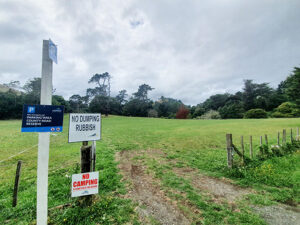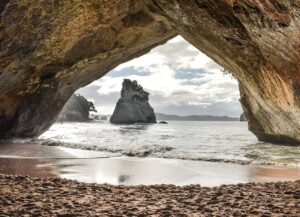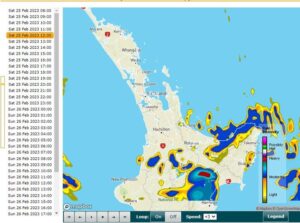A “major shakeup” of the government’s Three Waters reform will now see every council have its own “seat around the table” but Thames Valley mayors remain eager for more detail.
Last week, the Labour government announced changes to New Zealand’s affordable water reforms by agreeing to establish 10 new regionally-led entities.
Recently-appointed Local Government Minister Kieran McAnulty said the new approach would avoid a “rates blow out” and deliver savings to households between $2,770-$5,400 per year by 2054.
Entities would be owned by local councils on behalf of the public, with entity borders to be based on existing regional areas.
The 10 entities would start delivering water services from July 1, 2026 at the latest, but entities are able to proceed before this if ready.
“The new changes have provided time for councils to work through transition which is good,” Hauraki Mayor Toby Adams told The Profile.
“The change in entities does give each council a seat around the table, but it still has the other layers, which doesn’t give councils confidence on how priorities will be delivered.”
Thames-Coromandel Mayor Len Salt wasn’t available for comment but in a statement said his council was also “keen” to get more detail on how the changes will apply.
“Our district will be part of the Waikato entity, which is based on the existing Waikato regional model. We already have long-standing and positive collaboration with the other local governments in the region on roading, transport, emergency management and other services like building control.
“Each council mayor will have a seat on a regional representative group along with an iwi representative. So, 11 Waikato mayors and 11 Waikato iwi representatives will oversee a professional board that will be appointed based on competence and skill to run our local entity.”
National Party leader Christopher Luxon, who was in Thames on Thursday, also released a statement calling the change “the same broken Three Waters reforms with a new coat of paint”.
“Labour’s Three Waters 2.0 still takes local assets and local control away from councils and forces them into entities – the number of which has increased from four to 10.
“We know Kiwis want local water assets in local hands, and they don’t want co-governance structures imposed on them. But Labour just doesn’t get it.”





